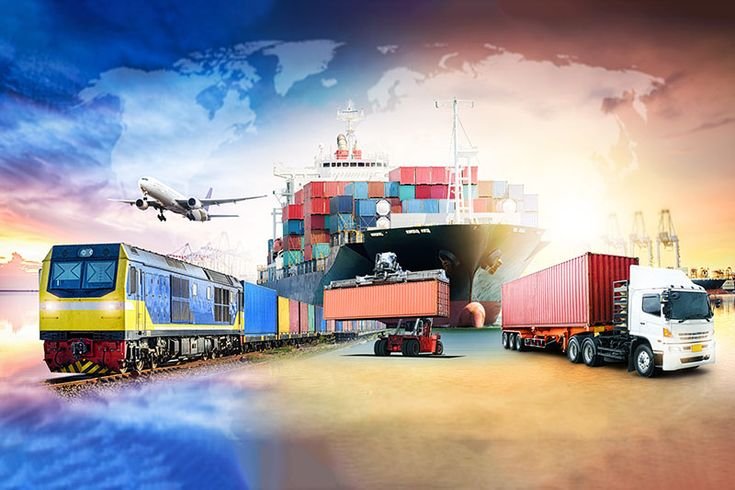If you’re in the logistics game like I am, you know that freight forwarding never sleeps. Every year brings new challenges, technologies, and customer expectations. And as we move deeper into 2025, it’s clear—we’re standing at the edge of some serious transformation in our industry.
I’ve been closely following what’s shaping up this year, and I wanted to share a few freight forwarding trends that I believe are not just passing fads, but pivotal shifts you should absolutely keep an eye on.
1. Digitalization Isn’t a Buzzword—It’s the Baseline
Let’s be honest—if you’re still managing shipments with spreadsheets and phone calls, you’re already behind. In 2025, digital freight platforms are becoming the new norm. I’ve seen more companies embrace AI-driven systems, real-time tracking dashboards, and customer self-service portals. It’s all about speed, visibility, and reducing human error.
Pro tip: If you’re a small forwarder, adopting even basic automation tools (like digital booking or eBOLs) can give you a serious competitive edge.
2. AI Is Playing Dispatcher
One of the coolest developments? Artificial Intelligence is now helping optimize routes, predict delays, and even recommend carriers based on historical performance. Some platforms can calculate the most cost-efficient and sustainable way to ship a container—within seconds.
We’re not at “AI-run freight companies” yet, but we’re definitely on that path.
3. Sustainability Is Now a Client Priority
I’ve noticed a big shift: clients aren’t just asking about cost and transit time anymore—they’re asking about carbon footprint. In 2025, green logistics isn’t a marketing angle—it’s a client expectation.
Many forwarders are now offering carbon offsetting, using cleaner fuels, or prioritizing eco-friendly partners. The pressure to reduce emissions—both from regulators and customers—is real.
4. Resilience Over Just-in-Time
The chaos of the past few years (thanks, pandemic and geopolitical tensions) changed how supply chains are managed. 2025 is all about resilience—clients want flexible routing, alternative ports, and faster reaction times when disruptions hit.
I’m seeing a rise in nearshoring, multimodal solutions, and inventory buffers replacing the lean, just-in-time approach. Forwarders who can offer agile, responsive services are going to win.
5. Customer Experience Is the New Battleground
I can’t stress this enough—communication and transparency are everything now. Clients expect real-time updates, proactive problem-solving, and a smooth, digital experience from quote to delivery.
If your customer portal still looks like it was built in 2009, it’s time to refresh. A great UX can be the difference between retaining a client or losing them to a tech-savvy competitor.
6. Freight Tech Startups Are Shaking Things Up
Every week, I come across a new logistics startup solving pain points we’ve tolerated for years. Whether it’s container visibility, digitized documentation, or dynamic pricing—freight tech is exploding.
Some of them may fizzle out, but many are here to stay. My advice? Don’t fear them—collaborate. The smart forwarders in 2025 are integrating these tools into their service models.
7. Talent Shortage: A Growing Concern
One trend that keeps me up at night? Finding skilled logistics professionals is getting harder. Between retirements and the lack of younger talent entering the industry, there’s a growing gap.
Investing in training, offering flexible work setups, and attracting talent with fresh ideas is becoming crucial. It’s not just about moving cargo anymore—it’s about building teams that can move the business forward.
Final Thoughts
2025 is shaping up to be a pivotal year in freight forwarding. Between tech disruption, shifting customer expectations, and global uncertainty, it’s a time of both challenge and opportunity.
If I had to summarize my advice in one line: adapt early, think digitally, and never stop improving the customer experience.
Thanks for reading, and I’d love to hear from others in the industry—what trends are you seeing in your corner of the freight world?

Leave a Reply